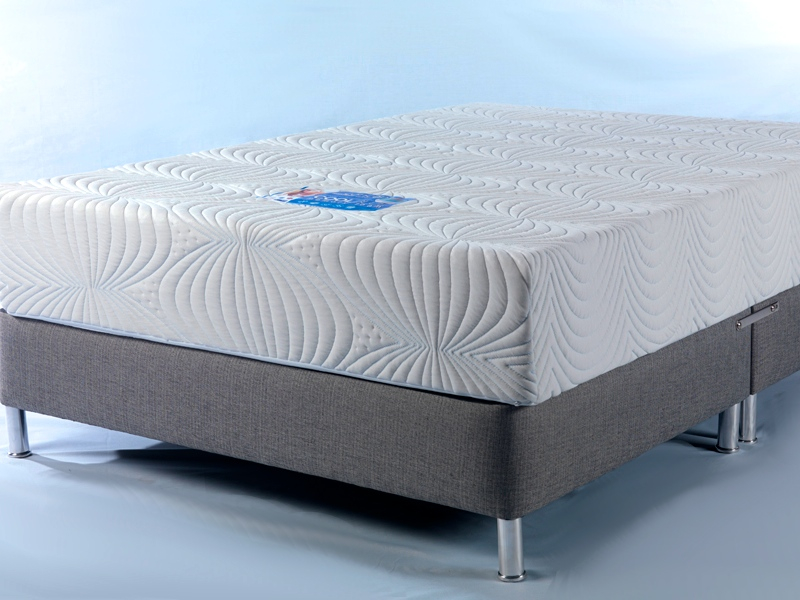In the market for a new mattress? Why not try out a memory foam mattress this time around? A relatively mature type of mattress technology in this age, the memory foam mattress provides a more comfortable sleeping experience for people who desire better conformity during sleep. Known for its shape retention and heat retention properties, the memory foam mattress is often recommended for people who need a mattress that does not put too much pressure on their bodies when sleeping. This type of mattress also promotes better sleep, thanks to its comfortable feel. Before choosing a memory foam mattress at a local mattress store, it is important to learn how to select one before making that big purchase.
Choose the right memory foam mattress
A thick and supportive type of material, memory foam is known for how it conforms to the body as a person sleeps. A person with a memory foam mattress can sleep in any position they desire and still feel comfortable during sleep. The memory foam mattress is also noted for its ability to help promote circulation throughout the body while also relieve bodily pressure points during sleep. People who might experience bodily pain when they sleep, for example, might benefit from purchasing a memory foam mattress.
When choosing a memory foam mattress, prospective buyers should consider several important factors before making the purchase. The type of memory foam mattress, the mattress size, and even the maintenance of the memory foam mattress are some examples of factors to consider before buying.
Type of memory foam mattress
Several types of memory foam mattresses exist on the market today. Each known type of memory foam mattress has benefits that ultimately help better support the body during sleep.
Traditional memory foam. The most common type of memory foam mattress on the market, best known for its hyper-conformity to the body.
Gel-infused memory foam. Known for the same benefits as traditional memory foam, in addition to its heat conduction effects that help cool people while sleeping.
Latex memory foam. Although not as conforming to the body, this type of memory foam is softer, antimicrobial, and hypoallergenic in nature.
Memory foam mattress density and thickness
Another factor to consider when purchasing a memory foam mattress is its density. There are three different types of densities.
High-density memory foam mattresses are considered more durable and usually last longer because of that factor. Medium-density memory foam is best for isolating motion if sharing a bed with a partner, meaning any movements will not disturb the people sleeping there. Lower density memory foam is best for people who want a memory foam mattress that is easier to break in and quickly adjust to their sleeping preferences.
The thickness of a memory form mattress also matters. These mattresses generally range from thicknesses ranging from as little as six inches to as much as 14 inches. Thicker memory foam mattresses tend to feel softer than thinner mattresses. Thinner memory foam mattresses can even be used as a mattress topper for a traditional innerspring mattress to increase the comfort of a sleeping arrangement.












